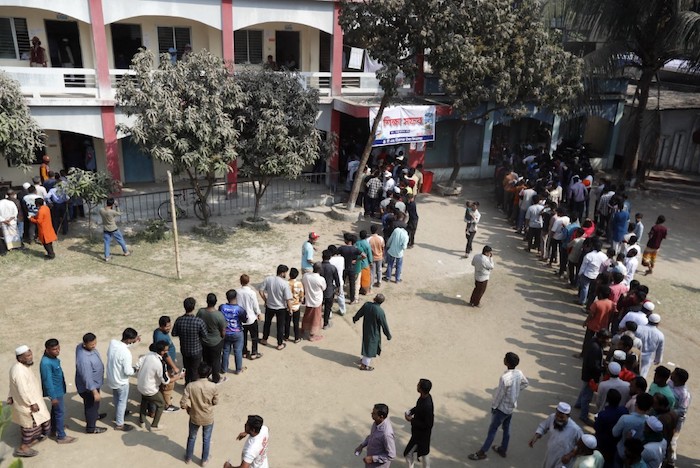Latest News: Real Estate
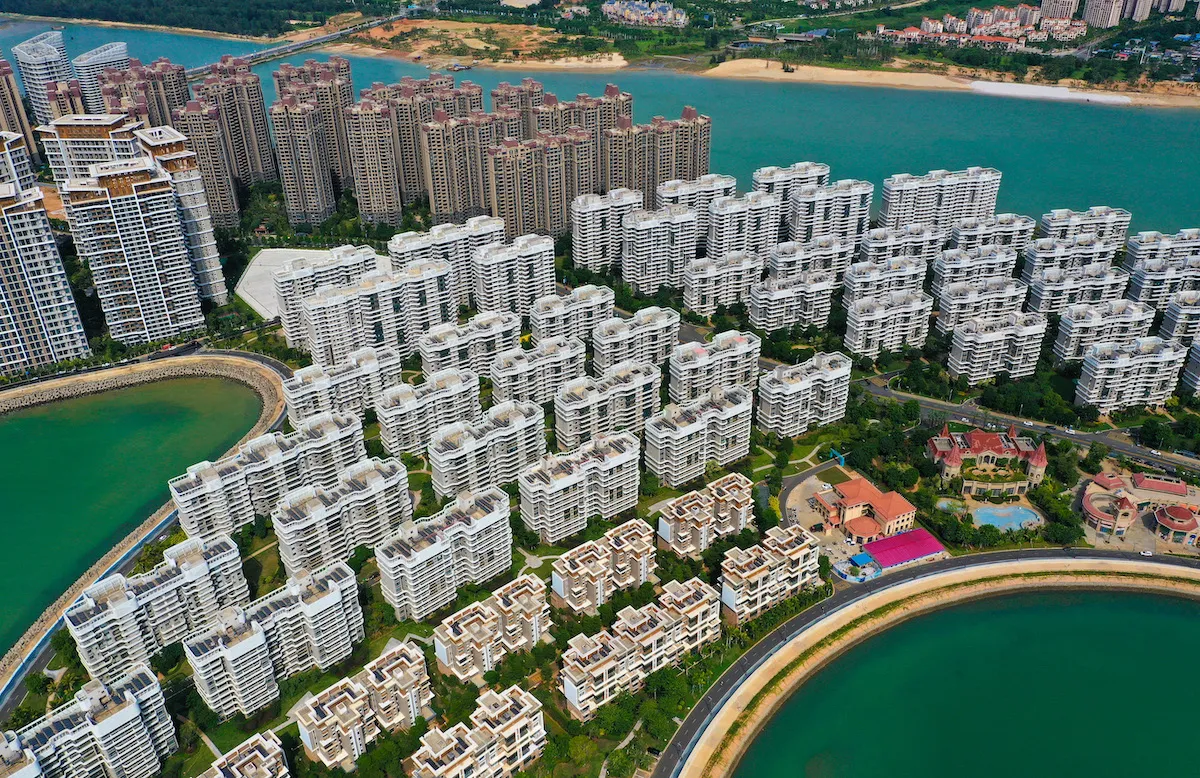
Group will seek a six-month delay for coupon payments on a 4.5-billion-yuan ($157m) bond in a meeting with holders this weekend. Trading in Evergrande bonds will be halted from Jan 6.
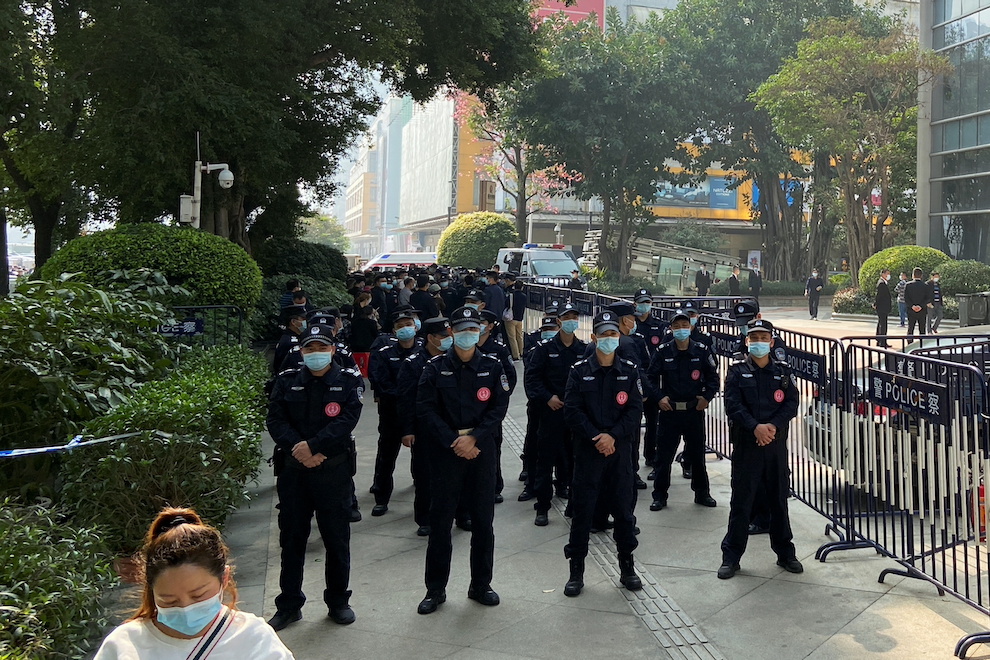
About 100 people chanted 'Return our money!' after news of the company's latest setback - having been ordered late last week to demolish buildings on Hainan Island

Prices were up 22% for 2021, with a 26% jump in the regions outpacing a 21% increase for the state capitals amid a shift toward country living.
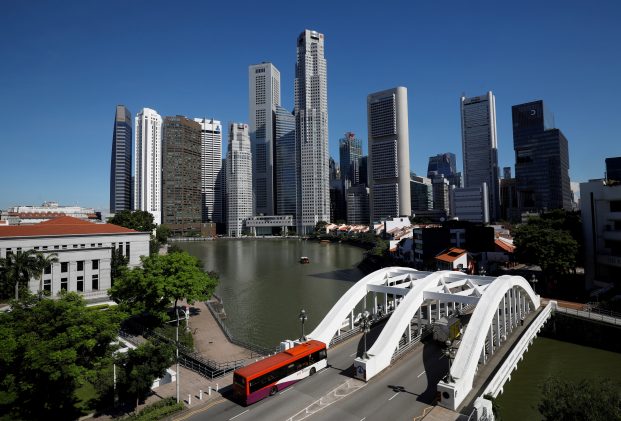
In the fourth quarter of 2021 alone, HDB resale flat prices grew 3.2 per cent - a faster pace than the 2.9 per cent increase in the previous quarter
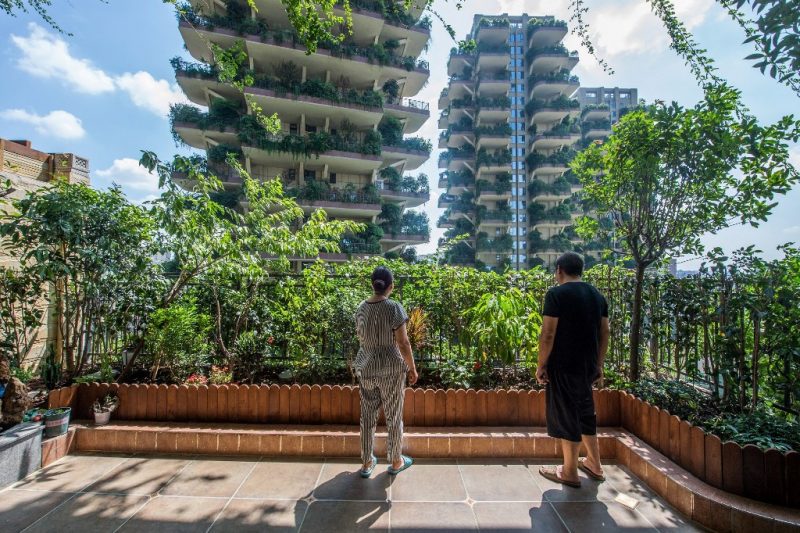
New home prices in 100 cities fell 0.02% in December from a month earlier, narrowing from the 0.04% drop in November, according to data from China Index Academy
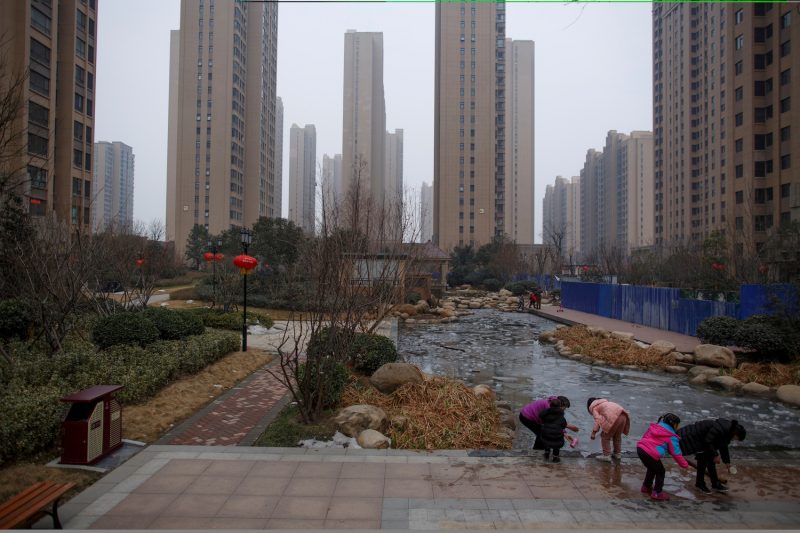
Outlook for China's developers appears bleak amid looming debt maturities. falling home sales and uncertainty over a proposed property tax
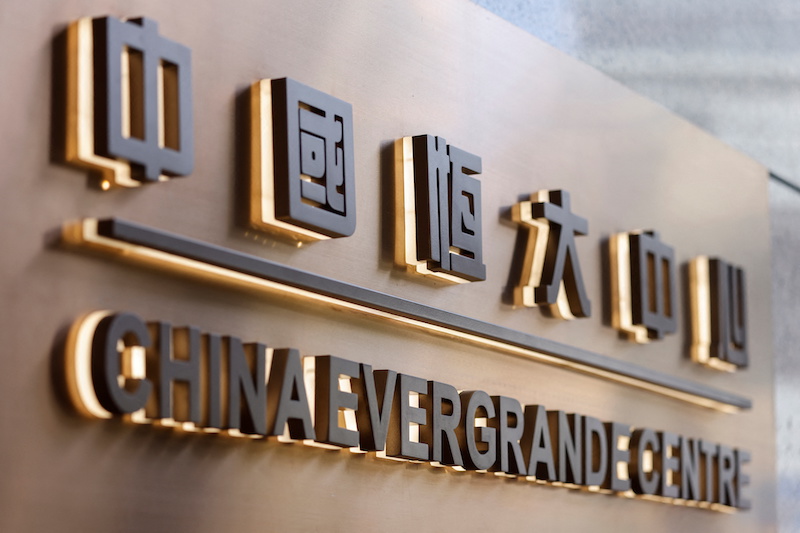
China's former top selling developer, now struggling with $300 billion in liabilities, has been deemed to be in cross-default by rating agencies
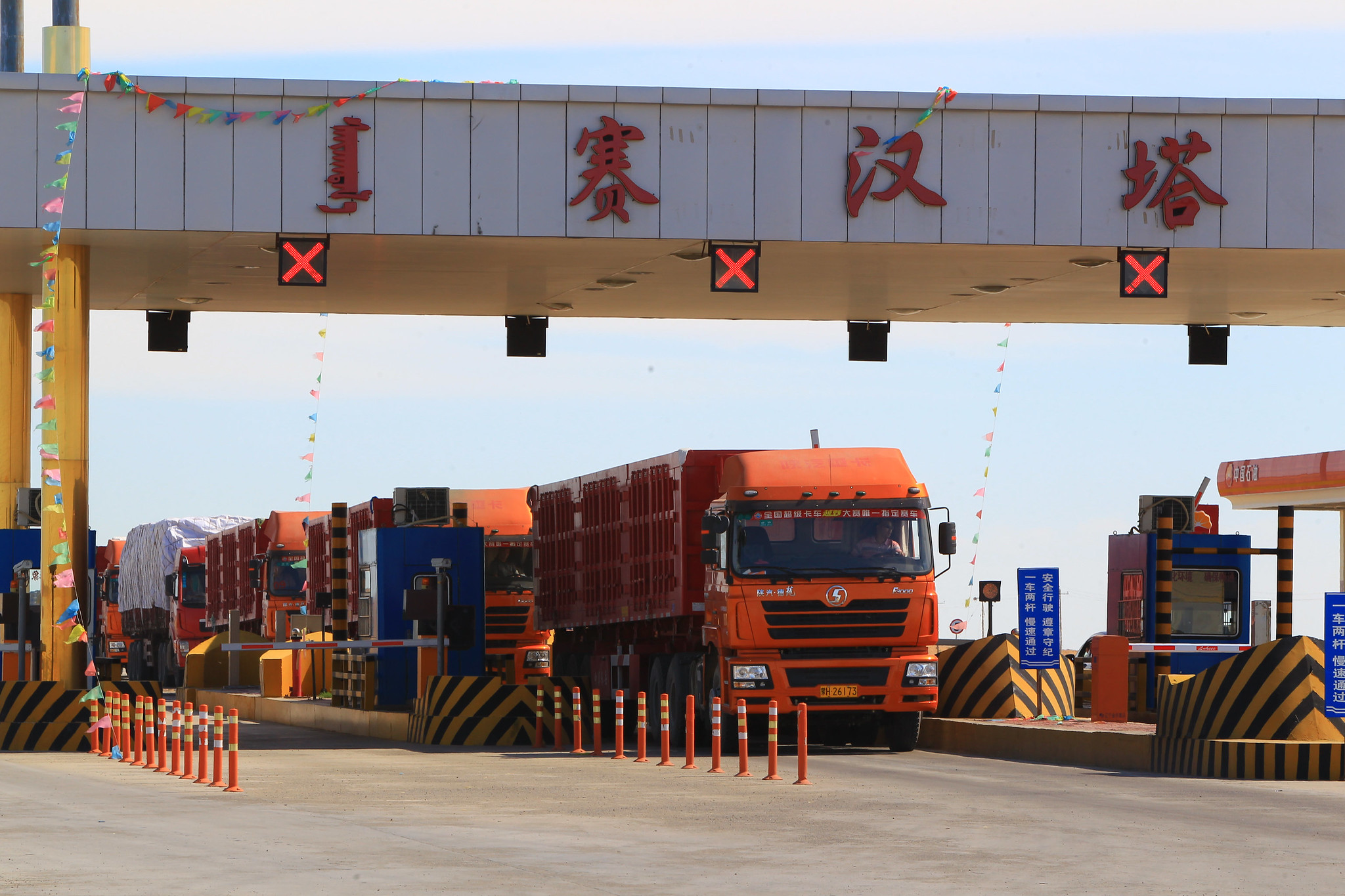
NDRC urges local bureaus to step up publicity, cut red tape and improve services so that more infrastructure projects can be listed as REITs

The new requirement will be enforced for a government land sale in the New Territories in the first quarter of 2022, as well as at another site to be sold by railway operator MTR Corp
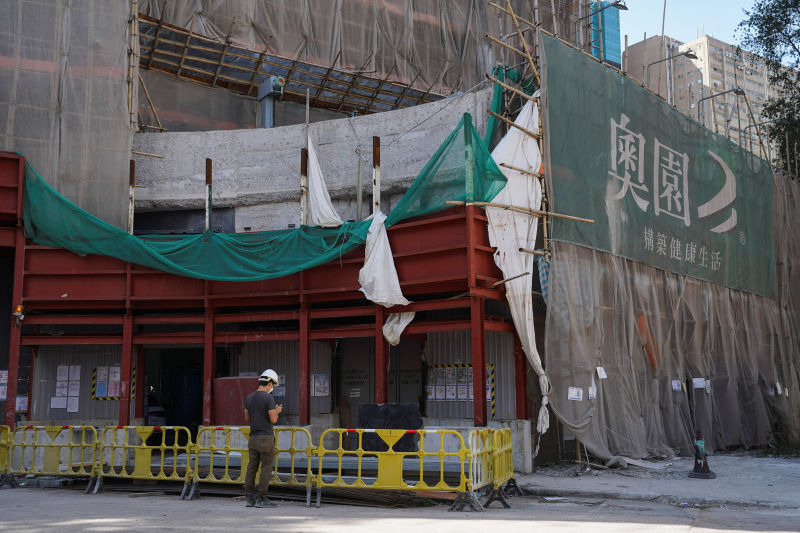
High Court claim arises from “alleged events of default” under a credit agreement that includes certain non-payment events
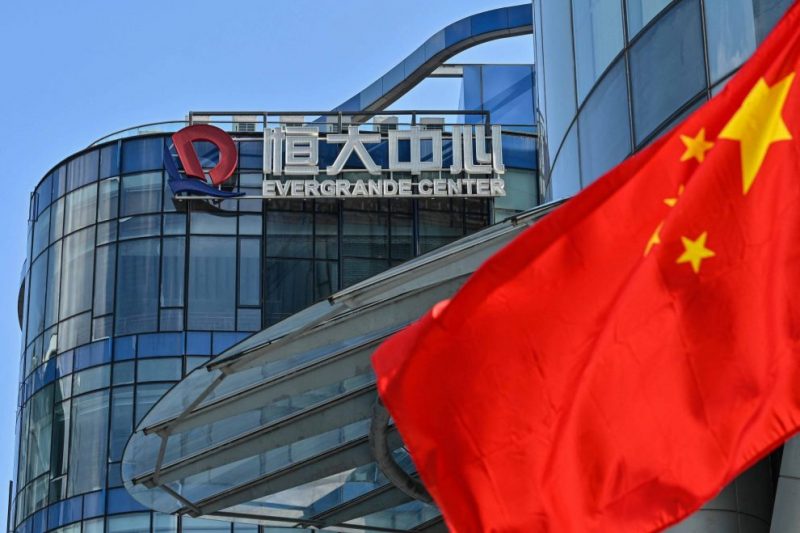
Embattled developer with $19bn of offshore bonds in cross-default faces payments of $255m for its June 2023 and 2025 notes. News it has resumed work on 91% of projects failed to lift its stock.

Hong Kong property agents said buyers turned more cautious after prices hit a new peak, amid concerns that policy measures could be introduced to cool the market
AF China Bond
- Popular



